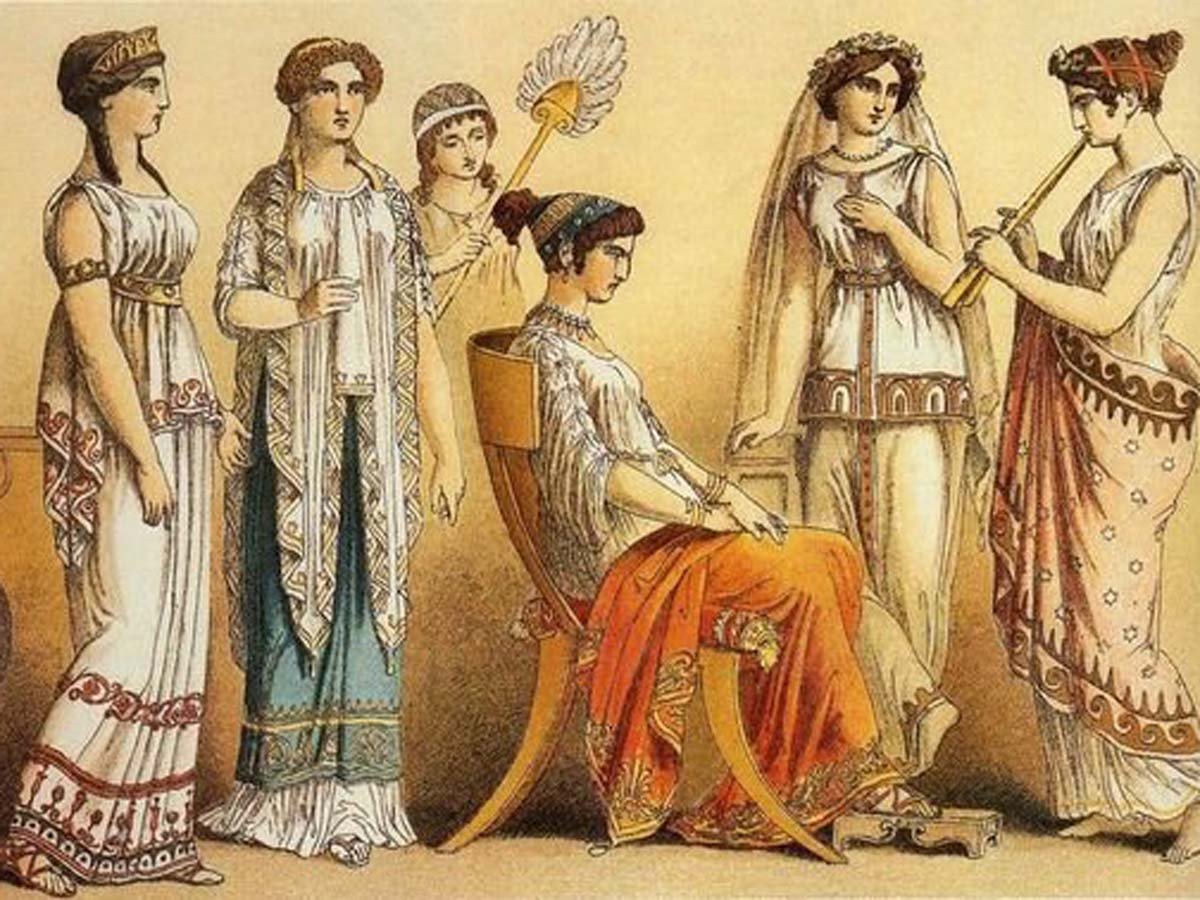
Women’s life in ancient Greece: roles, responsibilities and realities
Ancient Greece is often celebrated for its contributions to philosophy, art, and politics, but the lives of women in this iconic civilization were complex and varied depending on the city-state and era. Their roles were largely shaped by social customs, legal frameworks, and economic structures, often placing them in positions of limited visibility and influence, CE Report reports.
Social Status and Daily Life
In most city-states, women were considered inferior to men and were excluded from public decision-making. Athenian women, for instance, were largely confined to the domestic sphere. Their primary responsibilities revolved around managing the household, raising children, and weaving. Wealthier women had slaves to assist with chores, giving them more leisure time but still limiting their engagement outside the home.
In contrast, women in Sparta had relatively more freedom and autonomy. Spartan society emphasized physical fitness and strength for both men and women, believing that strong women would produce strong warriors. Spartan women were allowed to own property, receive education, and participate in public life to a degree unheard of in Athens.
Marriage and Family
Marriage was a central institution for women in ancient Greece, often arranged by the father or male guardian. Girls were typically married in their early teens to much older men. The primary purpose of marriage was to produce legitimate heirs, particularly sons who could inherit property and carry on the family name.
The dowry system was a key component of marriage arrangements, ensuring financial stability for the wife. However, women had little control over their dowries, which were managed by their husbands or male guardians.
Legal Rights and Restrictions
Women in ancient Greece had limited legal rights. They could not vote, own land (except in Sparta), or participate in political assemblies. Legal representation was also beyond their reach; a male guardian had to represent them in court. In Athens, women were legally classified alongside children and slaves, emphasizing their dependency on male relatives.
Religion and Spiritual Roles
Despite their exclusion from political life, women played significant roles in religious activities. They participated in rituals, festivals, and ceremonies dedicated to various gods and goddesses. Priestesses, particularly in temples of goddesses like Athena and Artemis, held respected positions, offering women rare opportunities for influence and independence.
One notable example is the Oracle of Delphi, where the Pythia, a woman, served as the mouthpiece of Apollo, offering guidance and prophecy. Such roles allowed women to exert spiritual authority, even if their political power was negligible.
Cultural Representation
In literature and art, women were often portrayed as either idealized figures of virtue or as cautionary tales of deceit and chaos. Epic poetry like Homer’s Iliad and Odyssey features women as both faithful wives, such as Penelope, and disruptive influences, like Helen of Troy. Greek tragedies and comedies further explored themes of female agency, morality, and societal expectations.
Conclusion
Women’s lives in ancient Greece were deeply influenced by the patriarchal structures of their society. While their roles were generally confined to the private sphere, their contributions to family, religion, and occasionally public life were vital. The differences between city-states like Athens and Sparta highlight the diversity of experiences women faced. Understanding these complexities provides a fuller picture of life in ancient Greece and the lasting impact of its cultural and social frameworks.





















